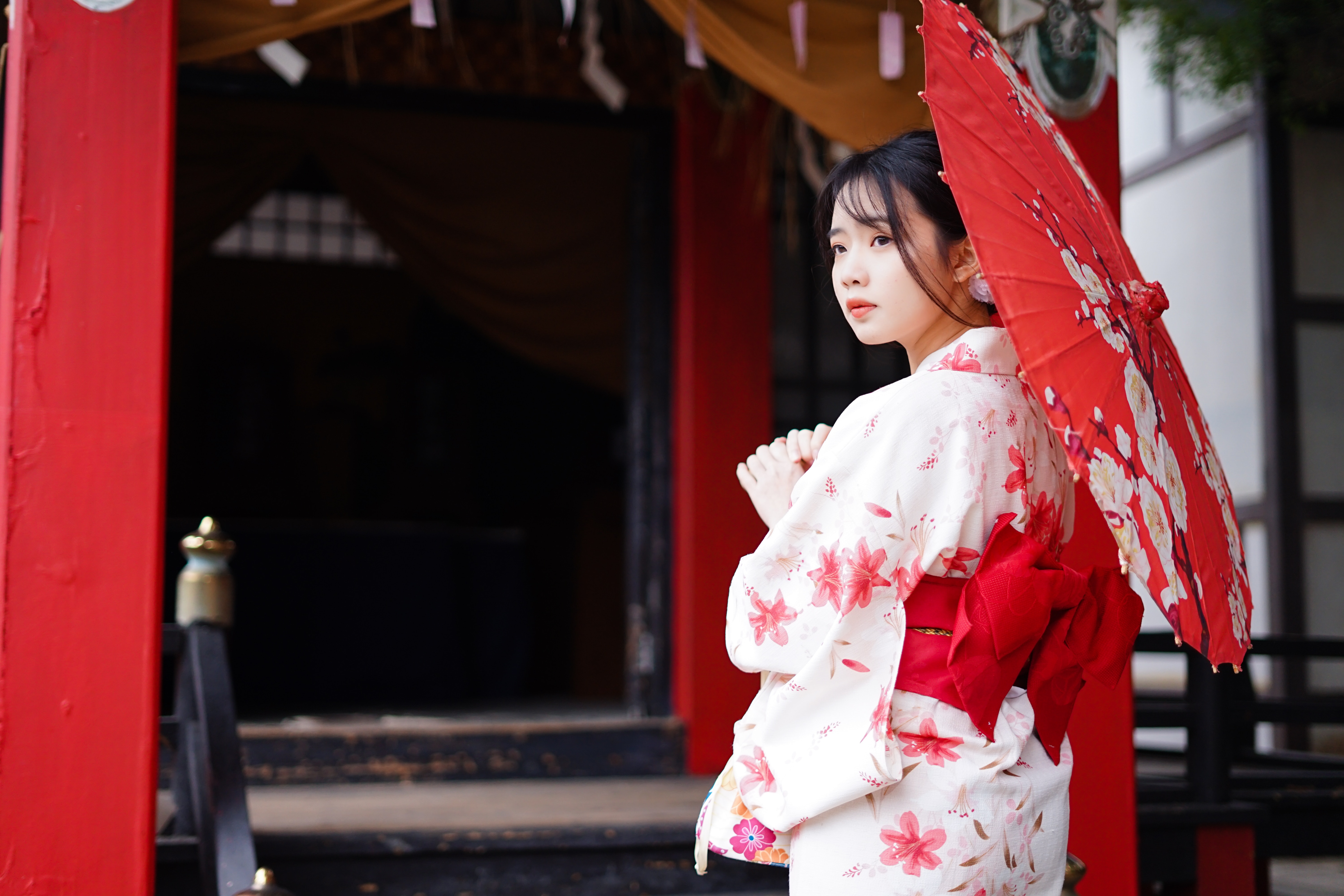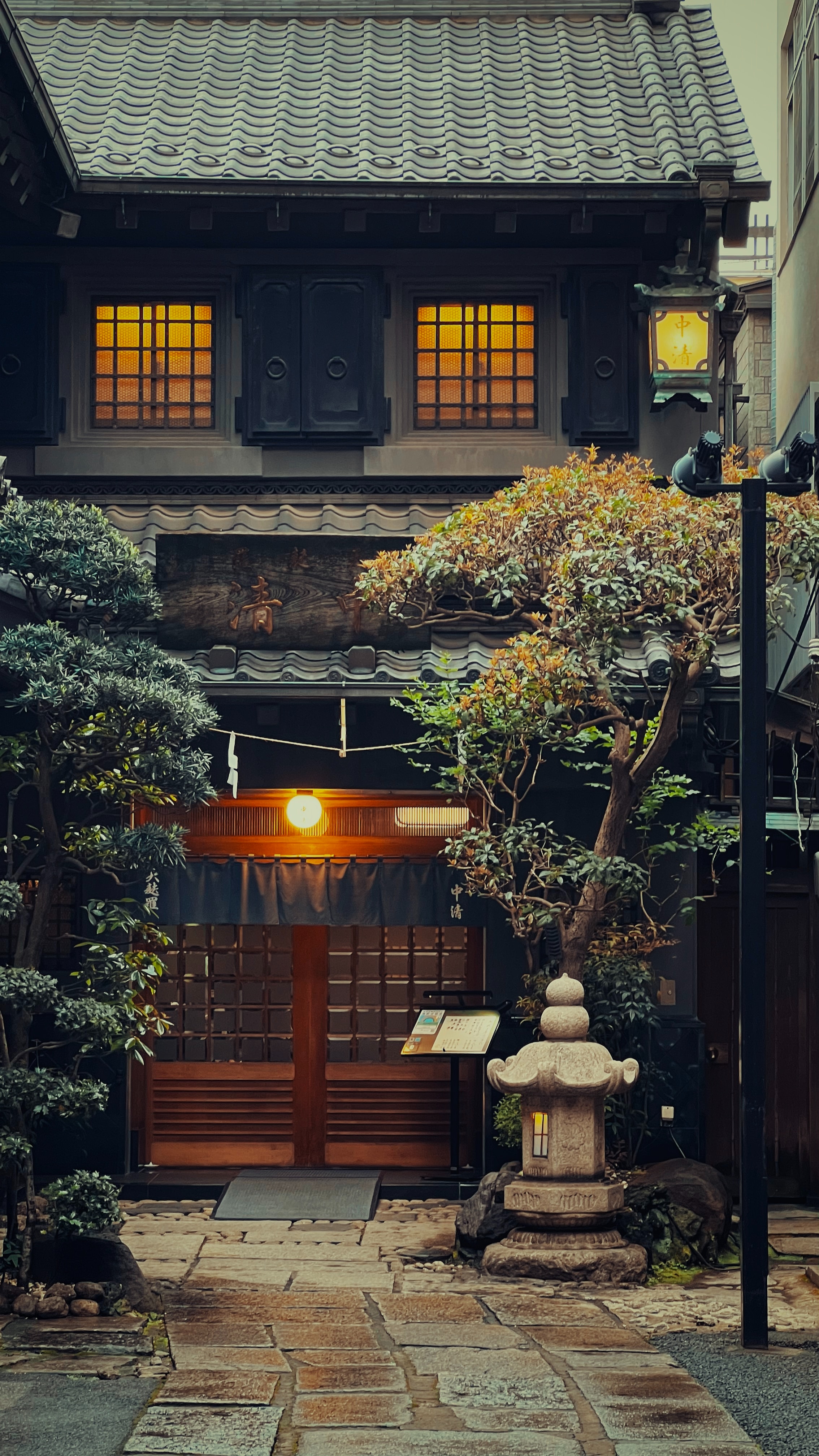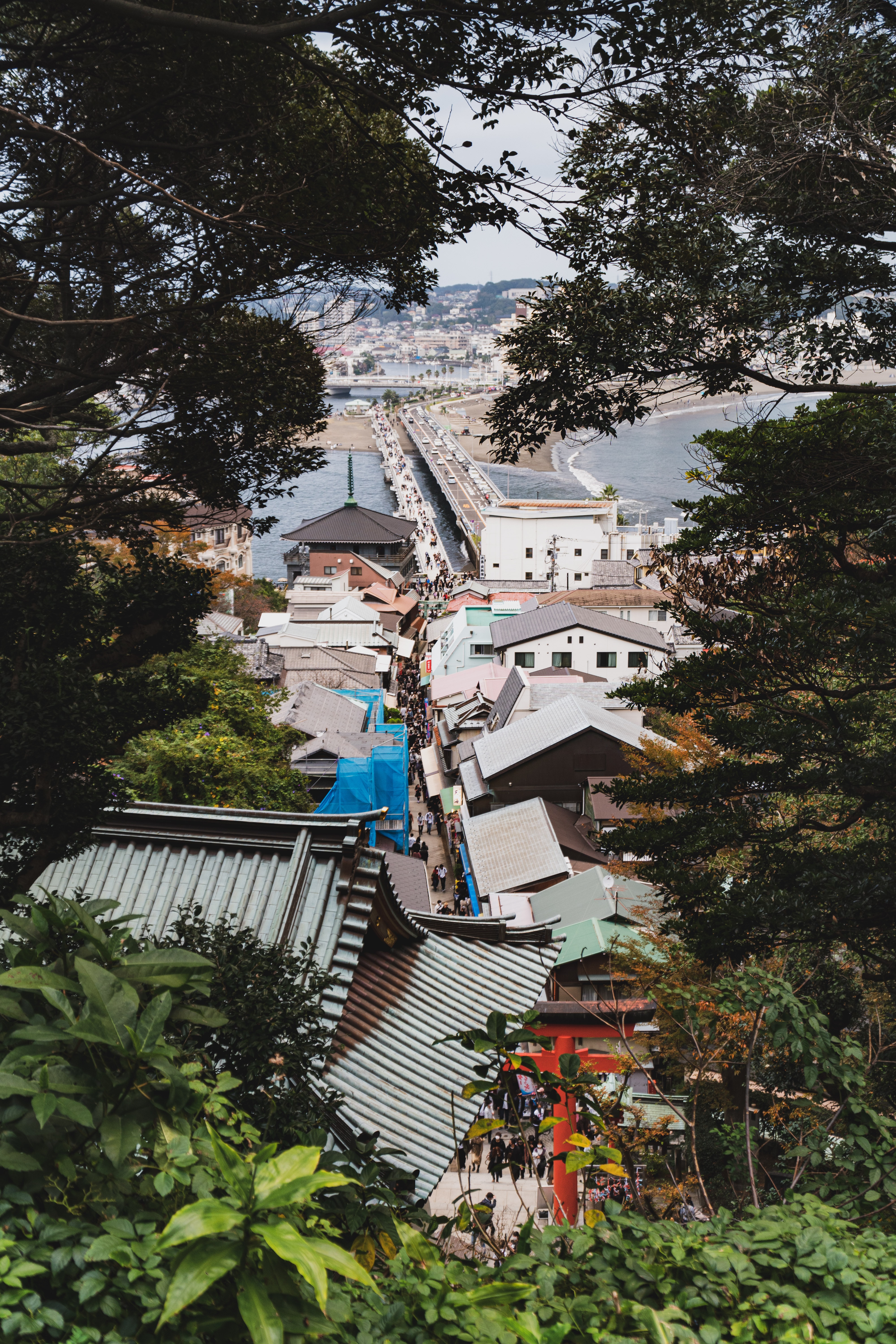
Nathaniel (nasanieru) in Japanese
Nathaniel in Katakana
ナサニエル
Nathaniel in Romaji
nasanieru
Nathaniel in Hiragana
なさにえる
The name Nathaniel in Japanese Katakana is ナサニエル which in romaji is nasanieru. Katakana is the standard translation for names into Japanese, Nathaniel in Japanese Hiragana, the non-standard translation for names into Japanese, is なさにえる.
How do you write Nathaniel in Japanese Kanji?
The closest sounding kanji name that sounds similar to "Nathaniel" is 名山煉 (なさんれん), which is pronounced "na-sa-n-re-n". The kanji characters mean "name", "mountain", and "refine".
The western meaning of the name Nathaniel is "God has given". The closest matching Kanji name based on this meaning is 神賜 (Kami-tama). This is pronounced as ka-mi-ta-ma, with each syllable separated by a hyphen. The Kanji characters mean "God" and "give".
Get the inside scoop on life and travel in Japan
Names similar to Nathaniel
nataniel natanieru
ナタニエル Learn More
nathanael nasanieru
ナサニエル Learn More
nathanial nasanieru
ナサニエル Learn More
nathalie natarii
ナタリイ Learn More
bethanie besanii
ベサニイ Learn More
natalie natarii
ナタリイ Learn More
nathan neisan
ネイサン Learn More
jonathan jonasan
ジョナサン Learn More
johnathan jonasan
ジョナサン Learn More


